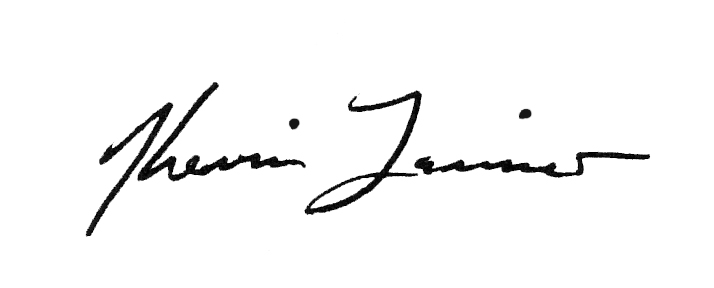Voices Above the Noise
One of the challenges of putting together this issue’s feature on literary agents, “Four Lunches and a Breakfast: What I Learned About the Book Business While Breaking Bread With Five Hungry Agents,” was transcribing the interviews that serve as the central framework of the piece. With advances in automated transcription services such as Trint, which enables a user to upload an audio file and let the platform’s speech recognition technology do the rest, this should have been a relatively simple part of the process. And that might have been true if not for the environments in which I was recording those interviews: loud Manhattan restaurants. Consequently, accurate transcriptions required the ability to parse multiple simultaneous conversations in order to isolate the ones I’d had with the agents. Artificial intelligence is a fascinating field of computer science—one that is altering the way we live our lives in both innovative and horrifying ways—but for this project it was more artificial than intelligent, and it made me appreciate how easily the human ear can block out background noise. (It’s a built-in function of the brain, specifically the “novelty detector” neurons, which store information about patterns of sound and stop firing if a sound or pattern is repeated.) So when you’re having that engaging conversation in a crowded restaurant, the babel of other voices, the music, the clatter all recede into the background, simply ignored.
Can we so easily block out the distractions that accost us through the screens and devices to which we are tethered every day? “It’s going to be tough to bring back books in this current age when even new titles are getting obliterated by the cacophony,” says Bill Henderson, who has teamed up with Jonathan Lethem to reprint selected out-of-print titles. “I call it the censorship of clutter. It’s hard for the average reader to find things that are truly valuable.” Ocean Vuong, author of the novel On Earth We’re Briefly Gorgeous, found something truly valuable in conversations with peers during his formative years. In this issue’s cover profile by Rigoberto González, Vuong shares an important detail about the days during which he had those conversations: “Afterward I went home to the page, not to Facebook or Twitter.”
In these loud times, the voices worth seeking out and elevating—the ones genuinely worth fighting to hear—belong to our writers. They lift language up. The rest is noise.







